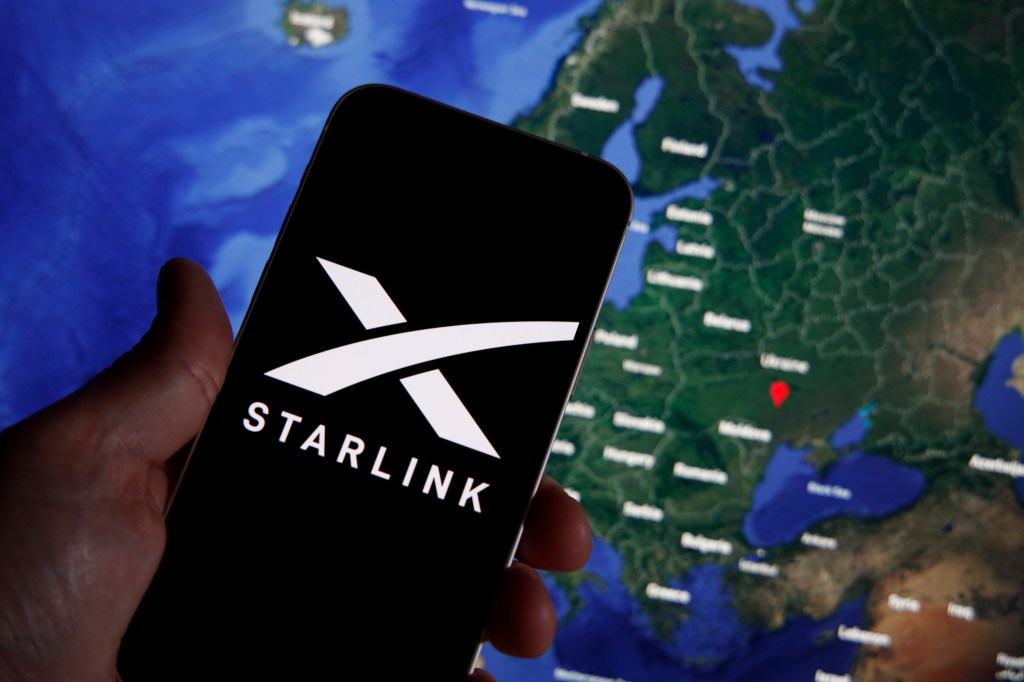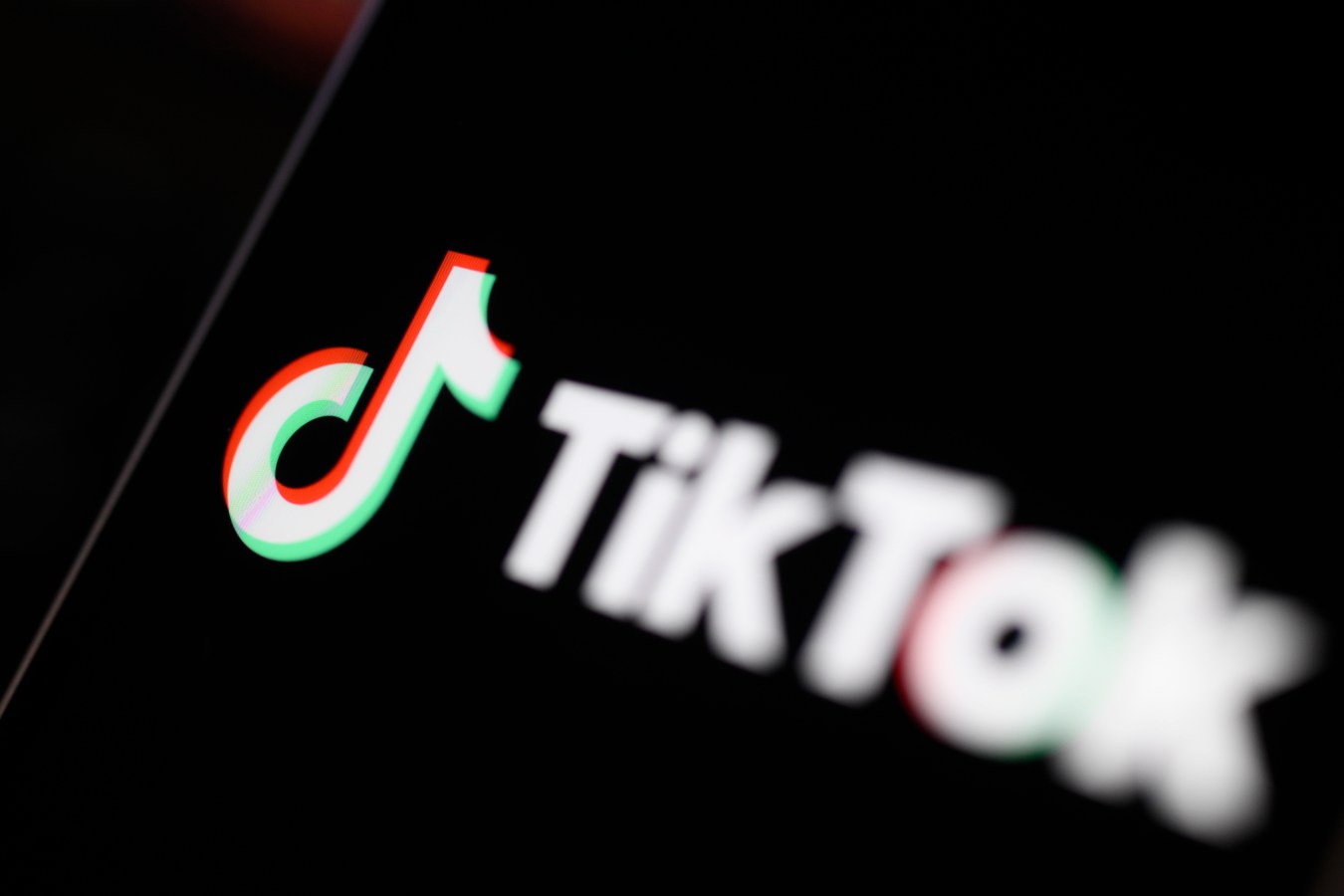Elon Musk on Sunday admitted he felt global pressure to offer his Starlink internet service to Gaza after Israeli airstrikes knocked out almost all communications in the area, though it remains unclear how his plan to offer service to aid organisations in the area will work.

Key Takeaways
- Musk first posted just the head-exploding emoji, and then after a user suggested he was “stuck between what the best thing to do is” after feeling pressure to provide support in the territory, Musk just responded “Yeah” with a frowning emoji.
- The billionaire owner of X on Saturday said Starlink, part of his SpaceX company, will “support communication links with internationally recognized aid organizations” in Gaza.
- The internet service requires terminals on the ground to communicate with SpaceX satellites to connect to the internet, and the Wall Street Journal reports there are unlikely to be any such terminals in Gaza because of an Israeli blockade erected earlier this month.
- There has been no clarification as to how or when the terminals will be sent or set up in Gaza, and SpaceX did not immediately respond to Forbes’ request for comment Sunday.
Chief Critic
Shlomo Karhi, Israel’s communications minister, said on X the country will “use all means at its disposal” to fight the re-establishment of communications in Gaza. Karhi suggested Musk use the promise of a re-established internet to negotiate the release of Israeli hostages by Hamas, and said the group will end up using Starlink for “terrorist activities” if it’s provided.
Key Background
Starlink describes itself as high-speed internet “available almost anywhere on Earth.” SpaceX first launched its Starlink satellites in 2019 and, as of July, nearly 5,000 small satellites have been launched to beam high-speed internet to ground terminals placed almost anywhere in the world. Its accessibility has made Starlink a communication option in war zones, rural areas and other places where traditional communications aren’t an option, including Ukraine. Starlink, which has received U.S. defense funding, sent thousands of terminals to Ukraine after Russia’s invasion last year, reestablishing communications for the Ukrainian military amid attacks that knocked out cellular service. Musk’s intervention was criticized after it was revealed he refused to activate Starlink in Crimea before a planned Ukranian attack on Russian warships. Ukrainian officials blamed Musk for thwarting an attack that would have saved civilian lives.
Big Number
2. Sunday is the second day with no internet connections in the Gaza Strip after Israel airstrikes “caused the destruction of all remaining international tracks linking Gaza to the outside world,” Palestinian telecommunications company Paltel said Friday. Service has slowly disappeared since fighting broke out on October 7, and fell to a near-total blackout Friday.
This article was first published on forbes.com and all figures are in USD.


